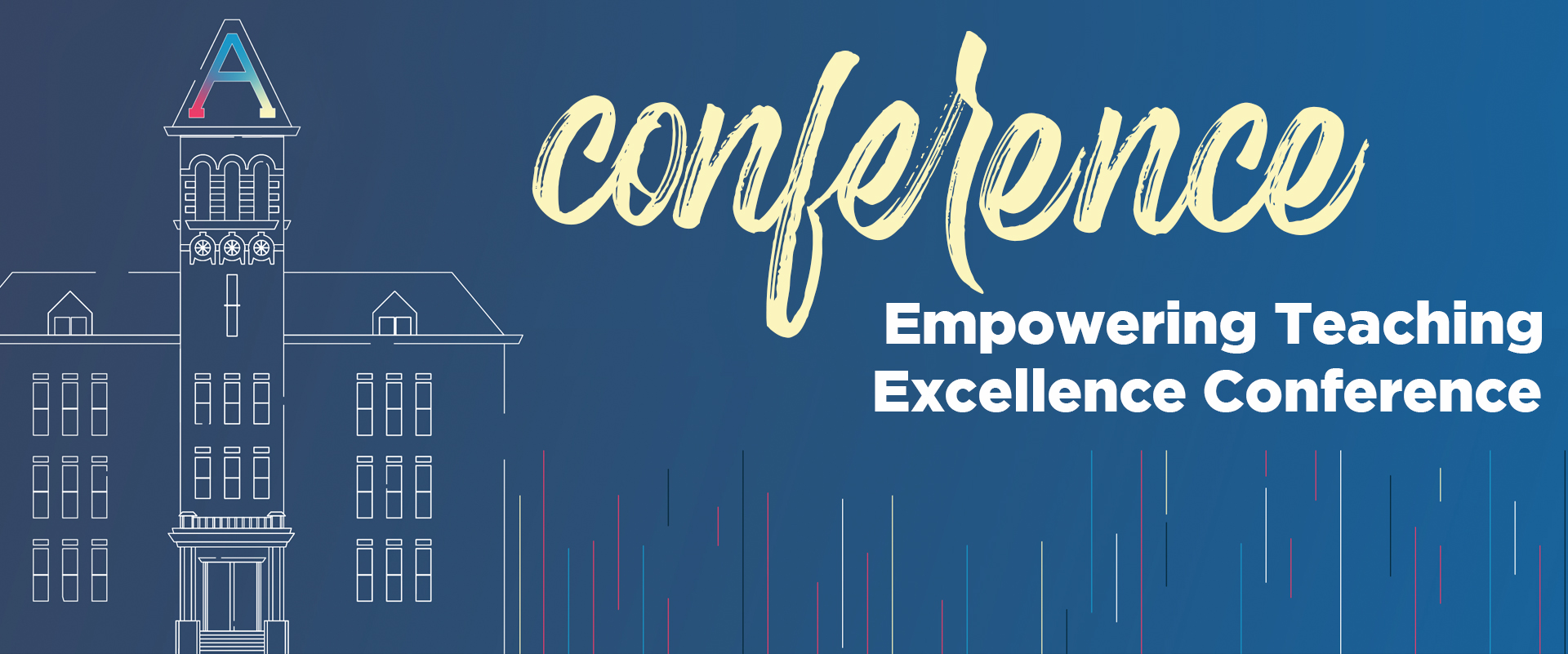Demystifying Ungrading: How to Empower Student Learning Beyond Grades
Description
The appeal of an “ungrading” approach can be irresistible: studies show that students pay less attention to feedback accompanied by a letter grade than feedback given without a grade attached. In addition, ungrading techniques can minimize the gatekeeping or punitive side-effects of grades that unfairly limit first-generation and marginalized students. However, implementing a strategy that asks students to reorient their relationship with grades can be–putting it mildly–daunting. In this session, four USU instructors reflect on their ungrading experiences and share implementable techniques and philosophical rationale for the approach. One of the challenges of ungrading can be the disciplinary specificities of grading norms. When academia shut down and went virtual in March 2020, instructors had to reconsider their grading practices. Our panel explores how four instructors reimagined our instructional technique; what we learned, what we kept, and the future of ungrading. Through a blend of qualitative and quantitative methods, we examine four ungrading perspectives. We discuss ungrading techniques that empower student autonomy, free instructors from unnecessary restrictions, enable collaboration, and reward students for fostering curiosity over rote memorization. Attendees will leave with concrete strategies for implementing ungrading, communicating ungrading to students, and familiarity with ungrading’s social justice approach to assessment.
Demystifying Ungrading: How to Empower Student Learning Beyond Grades
The appeal of an “ungrading” approach can be irresistible: studies show that students pay less attention to feedback accompanied by a letter grade than feedback given without a grade attached. In addition, ungrading techniques can minimize the gatekeeping or punitive side-effects of grades that unfairly limit first-generation and marginalized students. However, implementing a strategy that asks students to reorient their relationship with grades can be–putting it mildly–daunting. In this session, four USU instructors reflect on their ungrading experiences and share implementable techniques and philosophical rationale for the approach. One of the challenges of ungrading can be the disciplinary specificities of grading norms. When academia shut down and went virtual in March 2020, instructors had to reconsider their grading practices. Our panel explores how four instructors reimagined our instructional technique; what we learned, what we kept, and the future of ungrading. Through a blend of qualitative and quantitative methods, we examine four ungrading perspectives. We discuss ungrading techniques that empower student autonomy, free instructors from unnecessary restrictions, enable collaboration, and reward students for fostering curiosity over rote memorization. Attendees will leave with concrete strategies for implementing ungrading, communicating ungrading to students, and familiarity with ungrading’s social justice approach to assessment.


